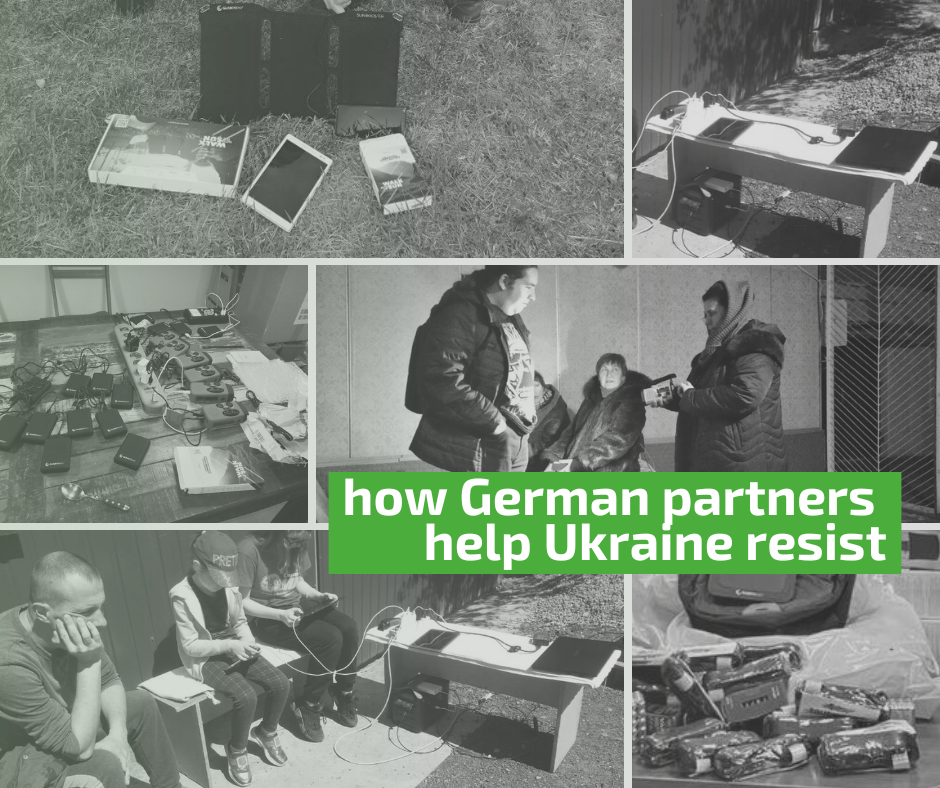During the year of full-scale war, Ukraine received thousands of hundreds of thousands tons of humanitarian aid from world partners. German partners and volunteers were not left behind: from the beginning of March 2022, Astrid Schneider, an expert on building-integrated photovoltaics, together with Eurosolar and German cooperative WeChange, started to help Ukrainians with small and mobile energy supply solutions. Since the beginning of the open Russian war, Ecoclub cooperated with the foreign partners and sent all the received solar devices to Kharkiv, Chernihiv, Kyiv and other parts of Ukraine.
In an interview with Astrid Schneider, we talk about why she decided to help Ukrainians with solar devices and how renewables can help survive during full scale-war and build back better.
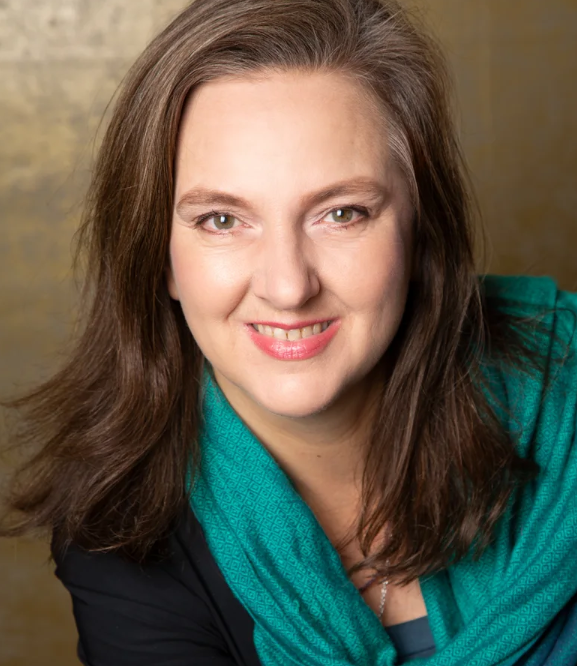
– Astrid, tell us, how did you find out about the full-scale invasion of Ukraine? What were your first thoughts?
– The invasion was visible for me before it started. One week before, there were some announcements and a final speech from Putin that he claimed that so many people would really like Ukraine to join Russia. The actual invasion started before 24 of February, before the tanks started rolling. I could not work anymore. I had this feeling that something was going on and it was such tension for me.
– When did you come up with the idea that you want to help Ukraine? How did you feel that Ukrainians need this help?
– The idea to help Ukraine appeared immediately after the war started. Two weeks ago I was communicating with my friend, how we can protect ourselves and what are the possible options. She said that she ordered a solar-radio. She sent me the link and I ordered that one. The day before the invasion started the solar radio arrived at my home. It was a just in-time delivery.
But the story of how I came up with this idea started long ago. It started with the military conflict, which was going on in Palestine. Many years ago the Israeli army as a result of military operations cut off the electricity supply of the Palestine leader Arafat. When he was giving an interview to tell the world’s press about the situation there, his phone was running off the battery, and the generator had a lack of diesel. Without electricity, people can not even charge their phones to stay into touch with the world to get help and give eye reports of what is going on. So I thought, why didn’t one of the many state visitors he had bring him a solar loader? I thought, why don’t people use solar power to protect themselves from such situations? And when the war in Ukraine started, it was obvious to me that the Russians would try to cut off the electricity supply.
It was unthinkable that since the Second World War things like this can happen. It is an extreme aggression, especially against the civilian population. So I wanted to provide as much help as I can to the civil people and I thought that the best we can do is to provide them with solar devices.
– Could you list the types of aid you have already provided to Ukraine?
– Basically, it started with solar loaders, like handholds, and power banks. Then we added equipment as well that can recharge solar loaders and batteries, and then we started to provide big power stations that have an inverter. People can set up community stations with them – ten people at the same time could charge their phones or laptops.
– How did you find partners for help and who are they? Why did they agree to cooperate?
– Five days after the war started on 1st of March 2022, we had a meeting of the Berlin-Brandenburg group of EUROSOLAR e.V., which is headed by Gotthard Schulte-Tigges. One of the members, Paul, had invited Helmut Wolman from the cooperative WeChange which is driven by citizens. So it was a unique chance for us to combine two things – the EUROSOLAR-group, with many experts and enthusiasts who know all the technical details about solar devices and a cooperative from Germany which already had deep connections with Ukraine’s civil society. But we needed to quickly get the solar systems as well – and for favorable prices. Luckily there is a solar corporation Sonnenrepublik in Berlin. The owner Oliver Lang has been developing mobile solar loaders for a long time and could quickly supply us for the first delivery.
It was a lucky incident for us that we could really quickly start the project Freedom energies for Ukraine and bring the first packages with mobile solar loaders to Ukraine.
– How did you manage to collect funds for the first delivery?
– We were thinking that it was an imminent situation so we wanted to be very quick. We should just start and see, whether it’s good, whether transportation is possible. I called some friends from the solar and renewable energy sector from whom I knew that they would have enough money to start funding. And then we very quickly received 2570,60 EUR for the first delivery. We had doubts about how to find ways to transport all this aid from Germany in a manner that it would reach Ecoclub and not end up in a warehouse at the border. One of my colleagues found contact with a group in Berlin that was organizing aid for Ukraine. That is how we found the way to deliver our first packages. They could direct the packages so that they were reaching Ecoclub within a few days. On 4th of March 2022 we were sending the first delivery and on 11th of March it was already in Rivne.
– Have you received any positive stories of how your devices helped Ukrainians?
– I think it helped for sure. I remember when our aid was delivered to Kharkiv and Sumy. The first load contained 10 folding, lightweight, 50 W solar modules with 24,000 m Ah power banks plus several small devices. Our second delivery was on March 23 to Zelenodolsk, in Southern Ukraine. I do believe that it is helping Ukrainians during this difficult time. In Kyiv they are taking the solar radio to the bunker, when they have a missile alarm. The power banks help to keep remote University teaching running even in times of blackout.
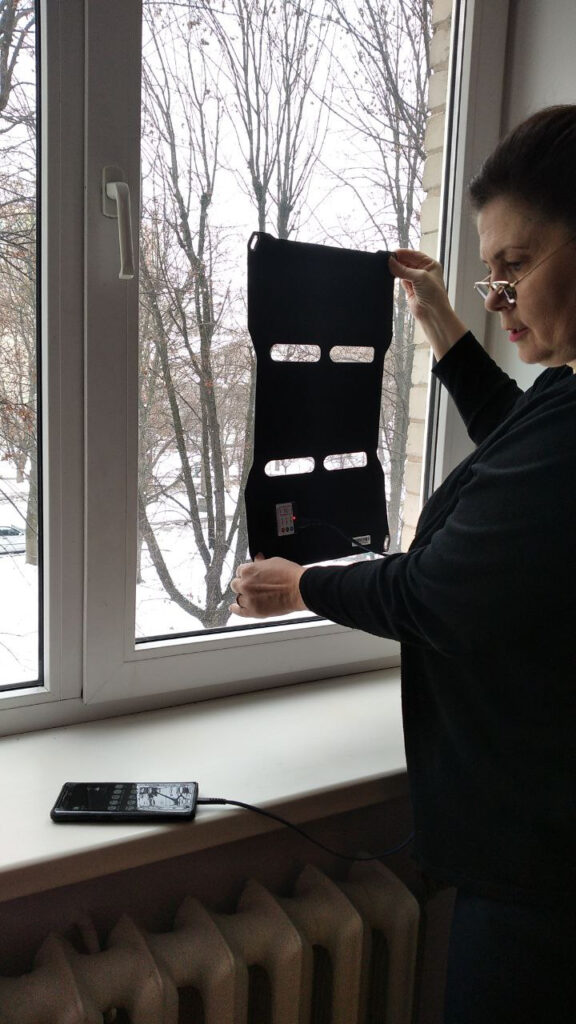
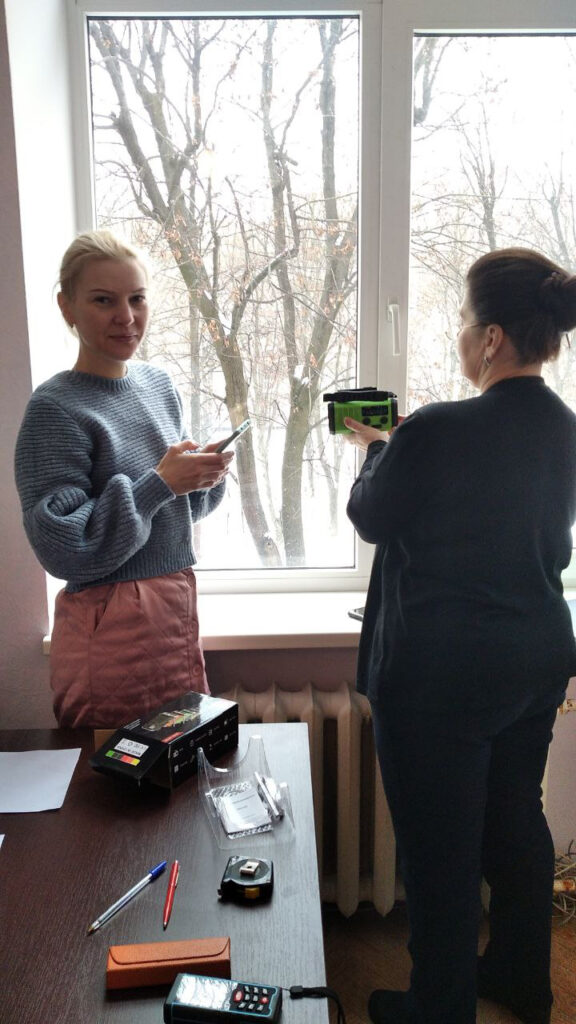
– Many European countries are helping Ukrainians with generators. Do you think that it is a great option?
– I think in this difficult situation, during the war, the mixture of sources is the best option. Ukrainians don’t have a reliable electricity network in many regions. And Russians cause power outages across Ukraine. So generators, despite not being green, are a good starting point. They can be a backbone for renewable-based energy systems. For example, when someone in the hospital is laying on the operation table during a power outage, you can’t risk the life of this patient. Renewables have two functions: on the one hand they substitute the diesel by providing for example solar electricity during day time, on the other hand they can assure a pivotal electricity supply for vital systems even when the diesel is running out. Batteries are mandatory for this purpose.
I guess Ukraine has a chance to use wind power, but it depends on location and the amount of wind in the particular region. If we are talking about solar energy, we should understand that in the wintertime solar systems will produce less electricity, especially in the north. But also we should not forget about the use of biomass. When Ukraine has rolling blackouts, it needs local solutions.
– Right now Ecoclub is having a project that aims to install solar power plants for Ukrainian hospitals. Why did you decide to join us?
– It is a great project. Hospitals across the country are using huge generators, but diesel can run out anytime. And it is a large burden on the local budget. So when I got to know about Ecoclub`s project, I made a phone call with my friend Martin Schachinger from pvXchange. He asked how he can join and fund because it is a great idea. We hope that soon we can provide one of the hospitals with solar panels. The process is ongoing, pvXchange is negotiating with solar panels producers.
– How do you see the future reconstruction of Ukraine?
– First of all the war has to stop. Everyone should be involved to stop it and then start reconstruction. Very crucial to make sure that all lobbies from all sides started to negotiate. The latest news showed that the discussion on building more nuclear power plants is starting. So it is clear to me that some groups in Ukraine are still lobbying for nuclear and fossil fuels. But at the same time, Solar Power Europe – its European solar energy association – is already in talks with the European Commission that European aid should be directed to renewable energy for Ukraine. So the battle is on, and it will be a tough battle.
The experience of this war is that nuclear power is not an option for a safe future. The potential damage of the existing nuclear power plants in Ukraine might become a big disaster not only for Ukraine, but for large neighboring areas to all sides. At the moment the Ukrainian energy system is very much built upon central fossil and nuclear power plants. To ensure a more ecologic and safe energy supply, Ukraine should add a more decentralized energy system based on renewable energy. Ukraine has enough area to install wind farms and solar power plants to even make a good business in the future by exporting electricity and hydrogen to densely populated areas of central Europe.




